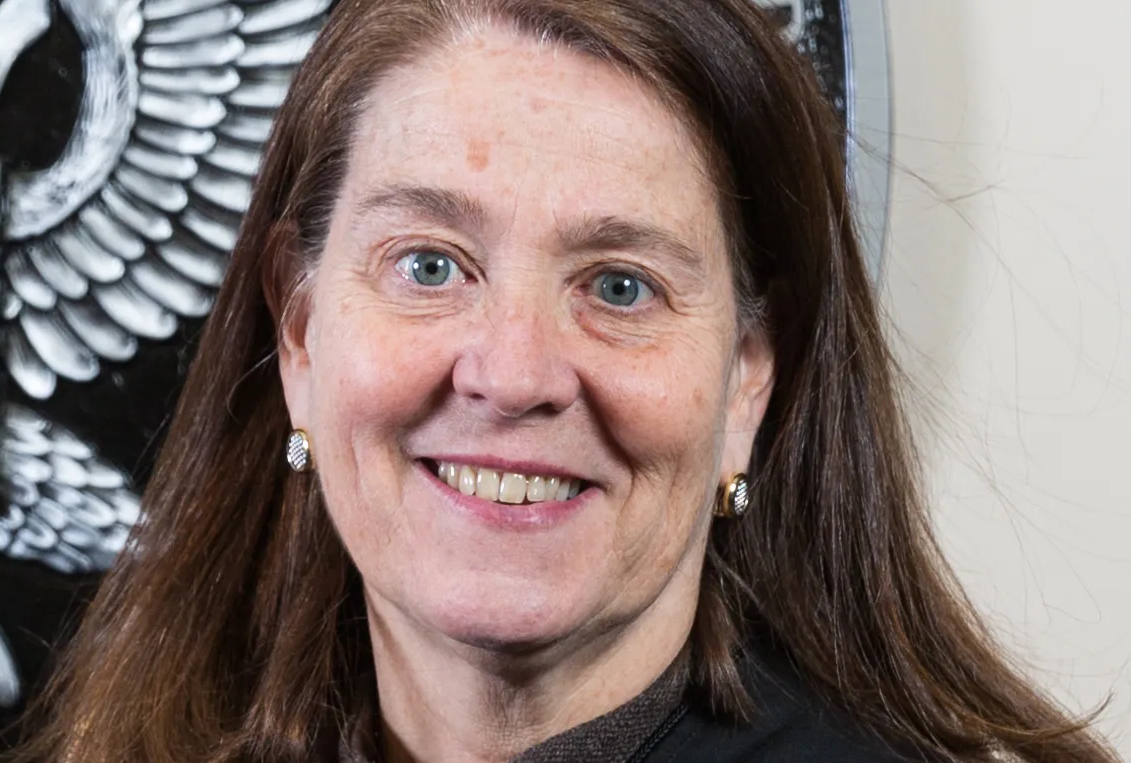The market for CBD and other hemp cannabinoids in New York state remains under serious threat after a federal judge tossed out a lawsuit by a group of producers and sellers Monday.
Claiming enforcement of new rules governing hemp-derived cannabinoid products cost them millions of dollars in losses, the state-licensed hemp operators filed suit against the New York Cannabis Control Board (CCB) and Office of Cannabis Management (OCM) over raids under revised hemp regulations released in November.
Judge Mary Kay Vyskocil in the U.S. District Court for the Southern District of New York (SDNY) dismissed the case yesterday on procedural grounds, essentially letting a broader crackdown on New York’s illicit cannabis trade continue to envelop the market for delta-8 THC and other intoxicating cannabinoids made from hemp.
‘Catastrophic’
Stakeholders have said enforcement actions by the state have had an “immediate and catastrophic effect” by freezing the market for CBD and other cannabinoids. The lawsuit alleged that the two state agencies violated the civil rights of the companies by issuing and enforcing overly strict rules on hemp products.
The plaintiffs sought to press their advantage in the SDNY after the state Supreme Court ruled in their favor in an earlier case in state courts. That decision allowed them to overcome strict emergency measures put in place by the state last August that were intended to spur enforcement of rules adopted in 2016 that prohibit the sale and possession of all such compounds.
After the state Supreme Court ruled against the state agencies in November, the CCB and OCM issued further regulatory updates. It is those most recently revised rules and their enforcement that were challenged in the complaint tossed out by Judge Vyskocil yesterday.
The plaintiffs are CBD producers, distributors and sellers, and some are obviously trading in hemp products that contain synthetically produced compounds such as delta-8 THC that in concentrated form can give users a “high.” Products that include the compounds have been called “diet weed” or “marijuana light,” and are marketed as alternatives to marijuana.
Major industry issue
Because Vyskocil based her ruling exclusively on procedural matters, the plaintiffs may re-file the suit in the SDNY with modifications. Cannabis attorneys say further consideration of the matter in federal court, likely to happen in the future no matter what, will have major implications for legal cannabis and hemp markets nationwide.
A ruling in the plaintiffs’ favor could limit states’ abilities to regulate intoxicating hemp-derived cannabinoids, while a ruling in favor of the regulators would bolster all states’ authority to regulate or ban hemp-derived goods as they wish, notwithstanding the 2018 Farm Bill, which legalized hemp and its downstream products.
- After delta-8 THC makes students sick, classmates spur ban on intoxicating hemp
- Delta-8 THC, other ‘diet weed’ products belong in pot dispensaries, says Arizona AG
- New York CBD market ‘halted,’ as crackdown brings ‘immediate and catastrophic effect,’ lawsuit says
- DeSantis’ signature on Florida bill could severely cripple nation’s 2nd biggest CBD market
- New Thai government likely to crack down on both marijuana and CBD
- South Dakota law aimed at hemp intoxicants is likely to wipe out CBD market
- South Carolina bans CBD and intoxicating hemp products as states continue crackdowns
- When it comes to ‘novel food’ and CBD in the UK, more questions than answers
- Connecticut AG cracks down on illegal sales of delta-8, delta-9 products
- Oklahoma hemp task force won’t deal with flowers, likely leaving CBD to marijuana regulators
- CBD down, fiber up, as early signs show U.S. hemp harvest stabilized in 2023
When New York regulators first addressed synthetic cannabinoids, they put rules in place that prohibited the sale and possession of all such compounds, which are made by putting hemp-derived CBD through a process in the lab.
But a gray market for intoxicating products containing high concentrations of delta-8 THC and other hemp-derived substances quickly developed due to a conflict between federal and state law and a lack of enforcement.
Risk to all CBD
The synthetic products emerged after the 2018 Farm Bill legalized industrial hemp and its downstream products across the U.S. But the federal law created a loophole by not accounting for synthetically produced psychoactive products that can be made from hemp flowers – the source of CBD.
In addition to potentially killing the market for psychoactive hemp products, a regulation that imposes a ratio of CBD to THC at 15:1 could also wipe out other non-psychoactive extracts made from industrial hemp, the plaintiffs have claimed.
The upheaval in New York is one of many recent blows to the U.S. CBD market this year. The Florida State Legislature earlier this month passed a restrictive law against intoxicating synthetic cannabinoids that also threatens the CBD extract market in that state. New York is the third biggest CBD market among U.S. states, with 2024 sales projected to be $1.5 billion, according to data provider Statista, which ranks California the biggest, at $3.3 billion, and Florida the second biggest at $1.8 billion.
Read the full article here

